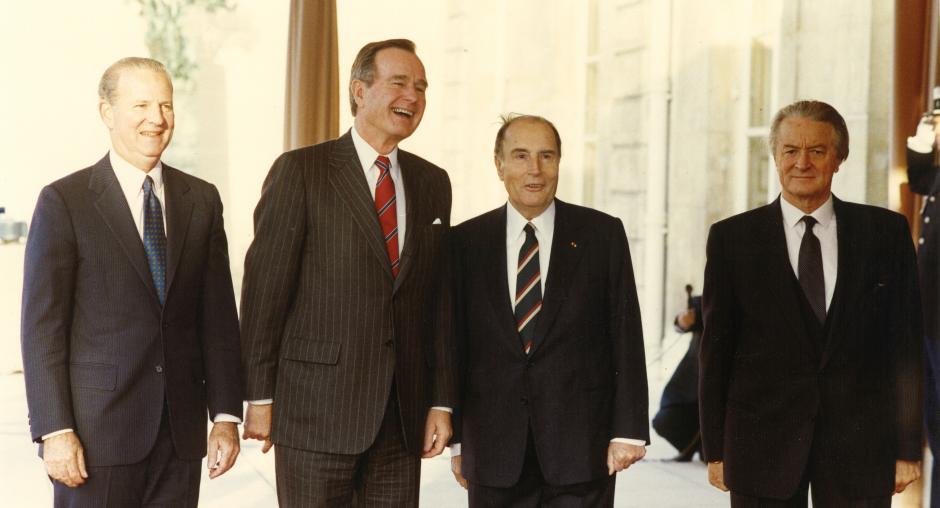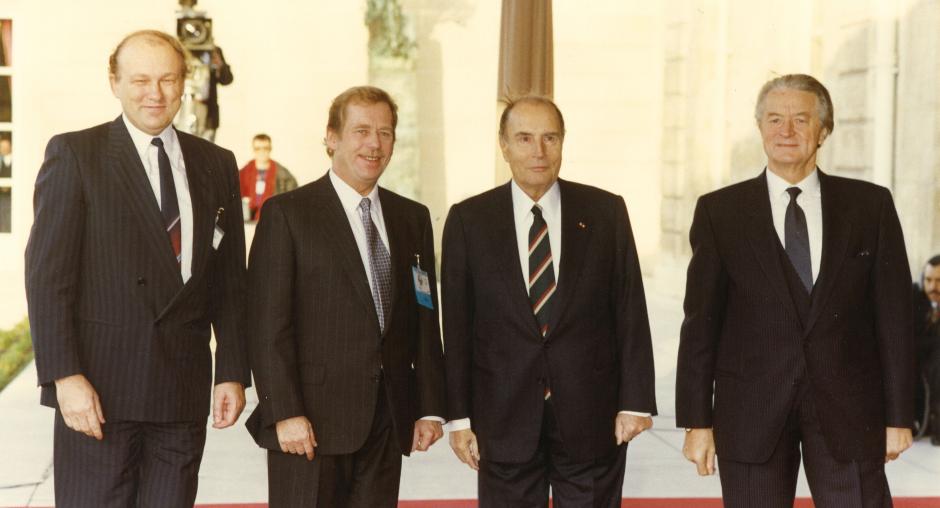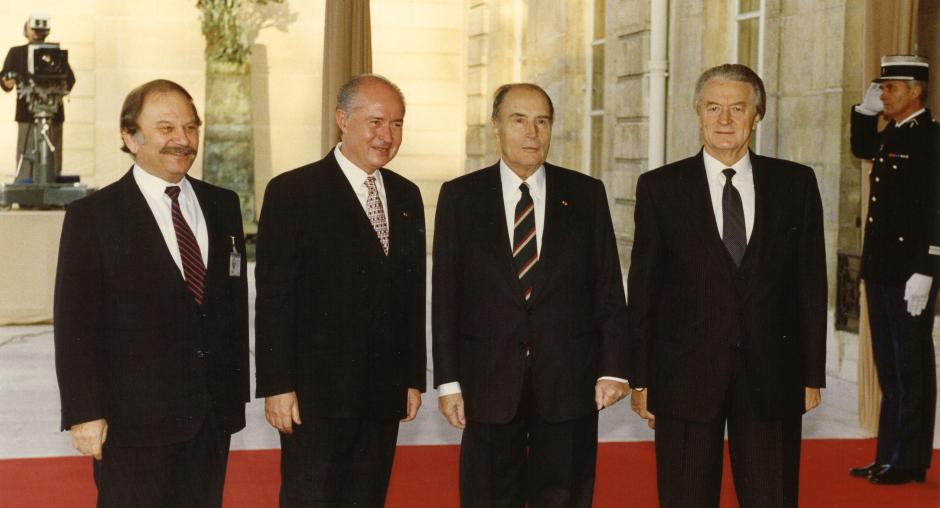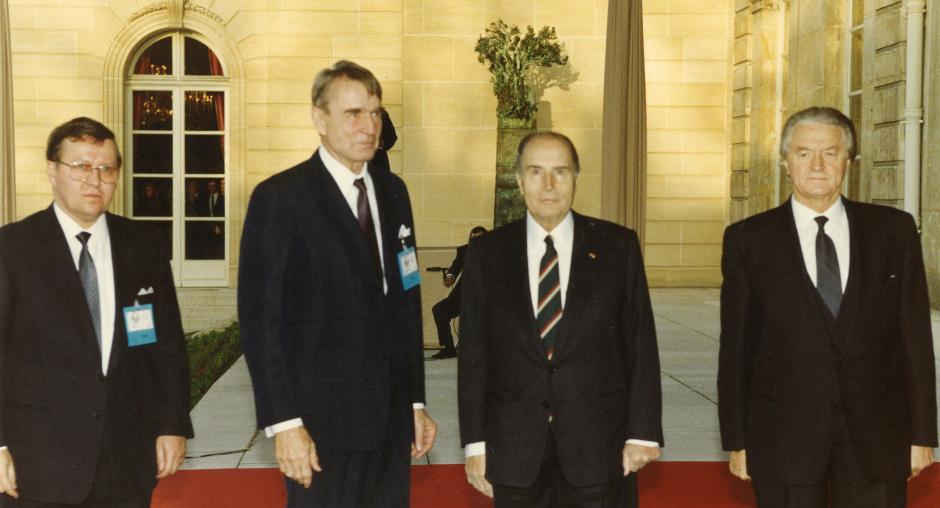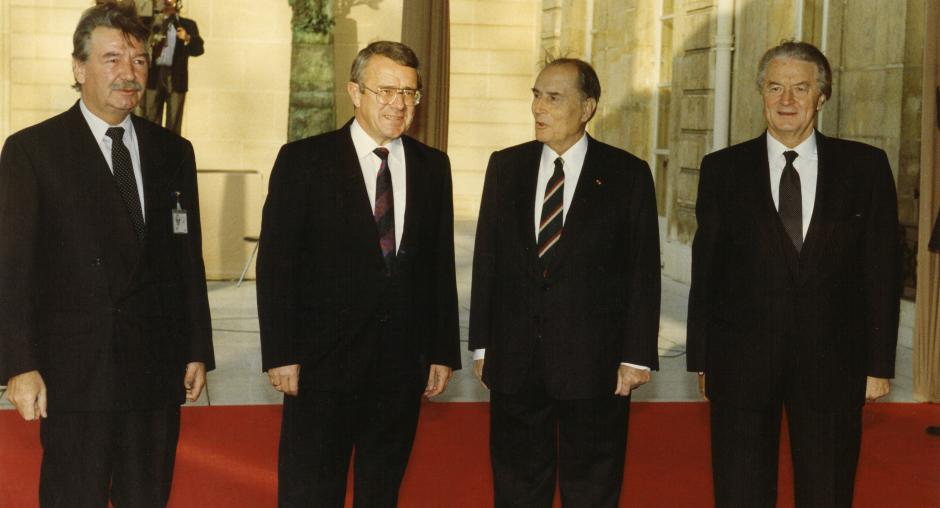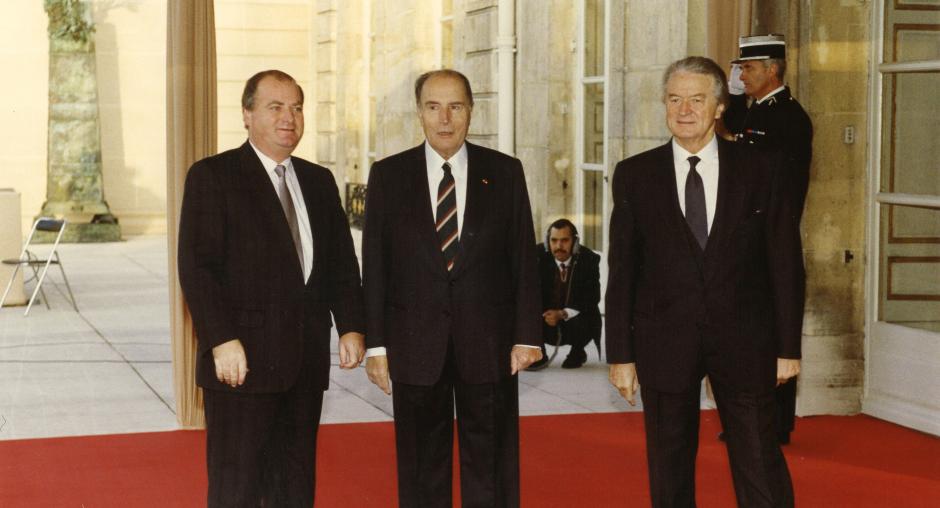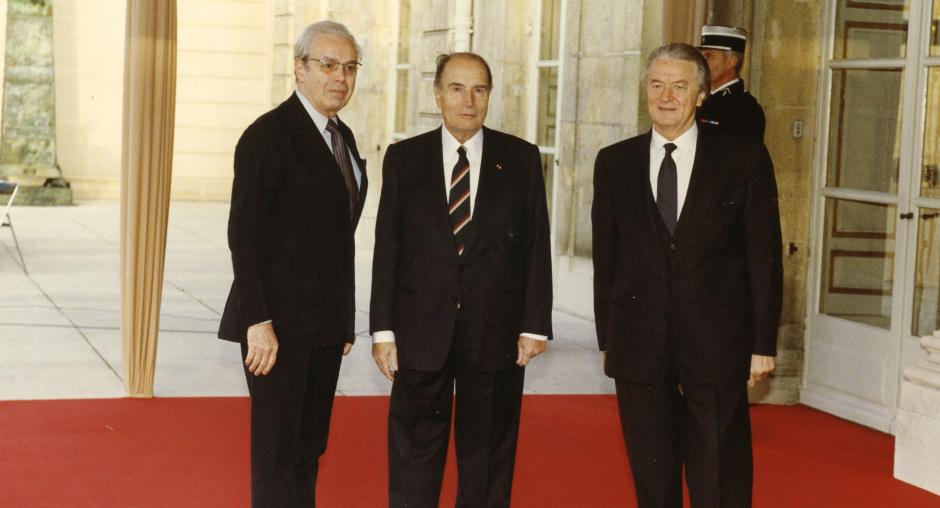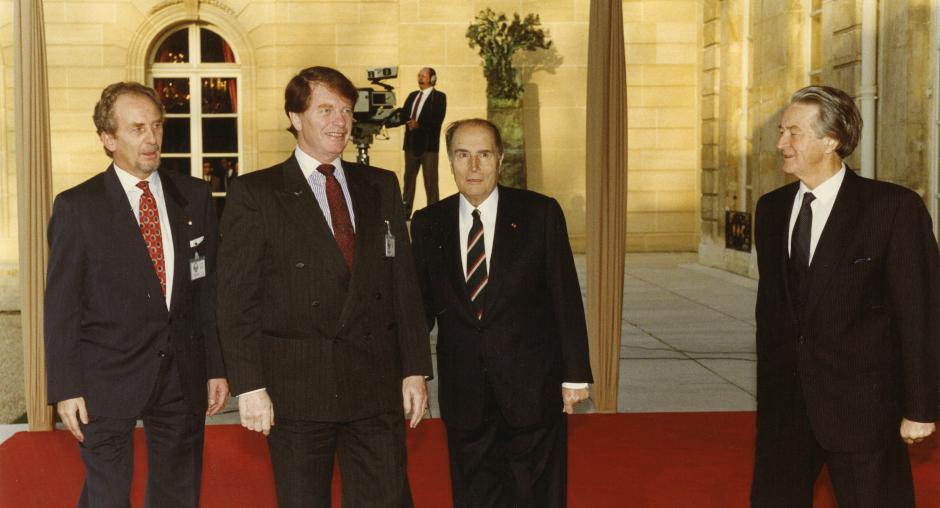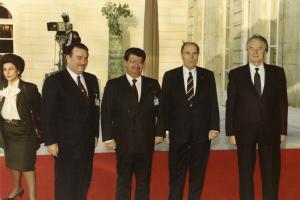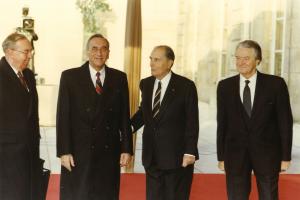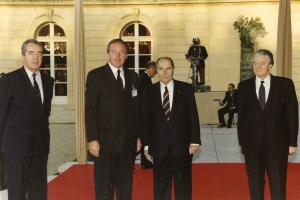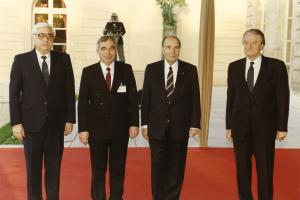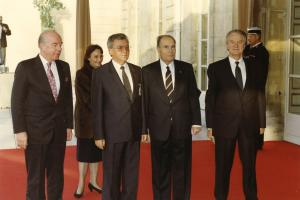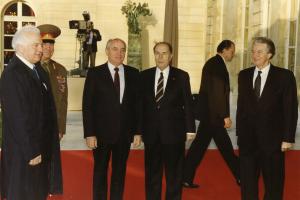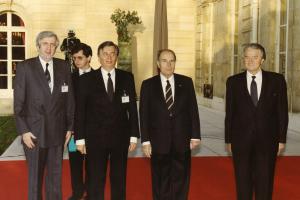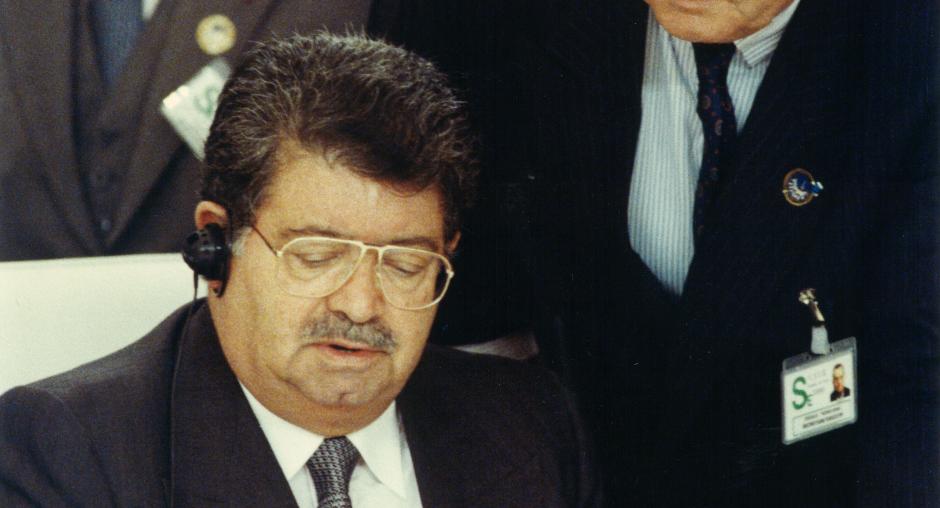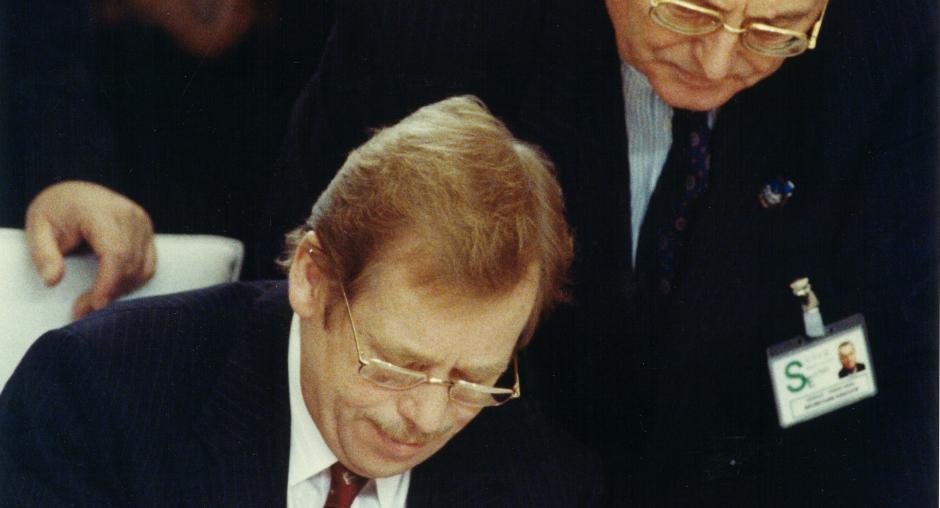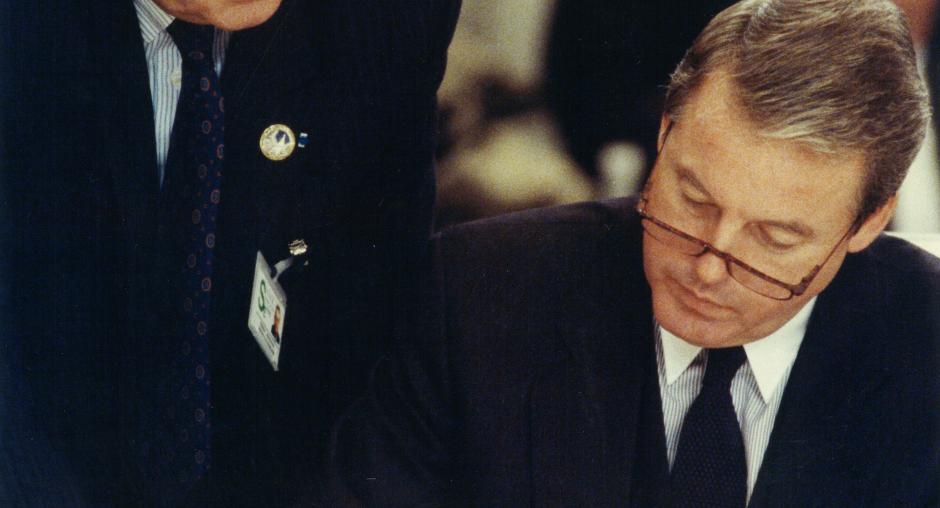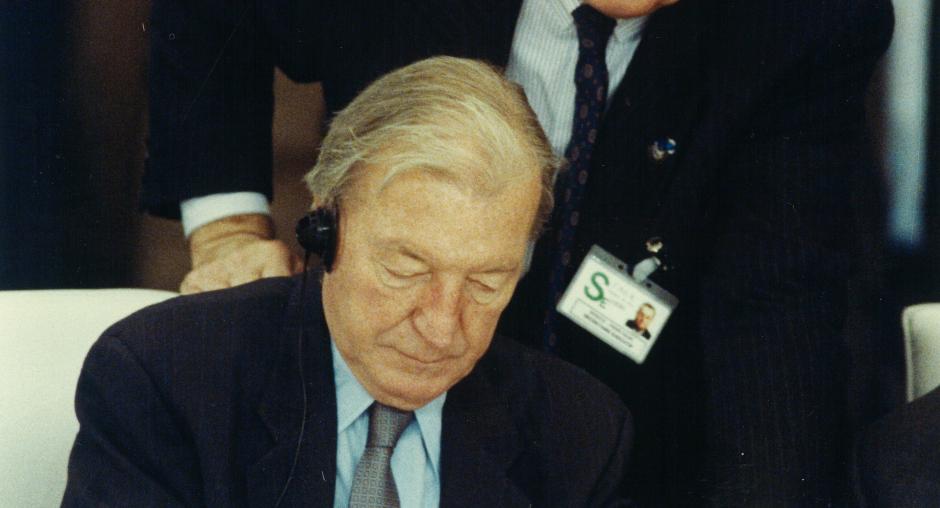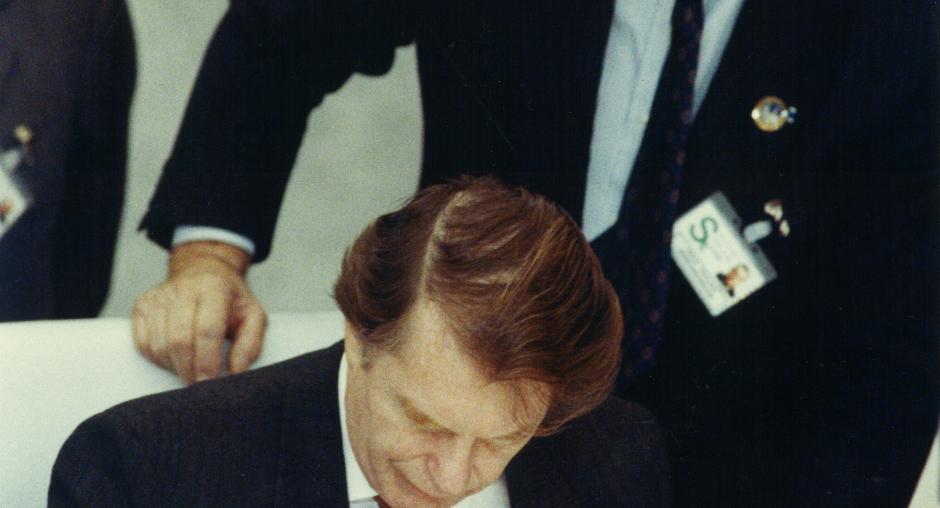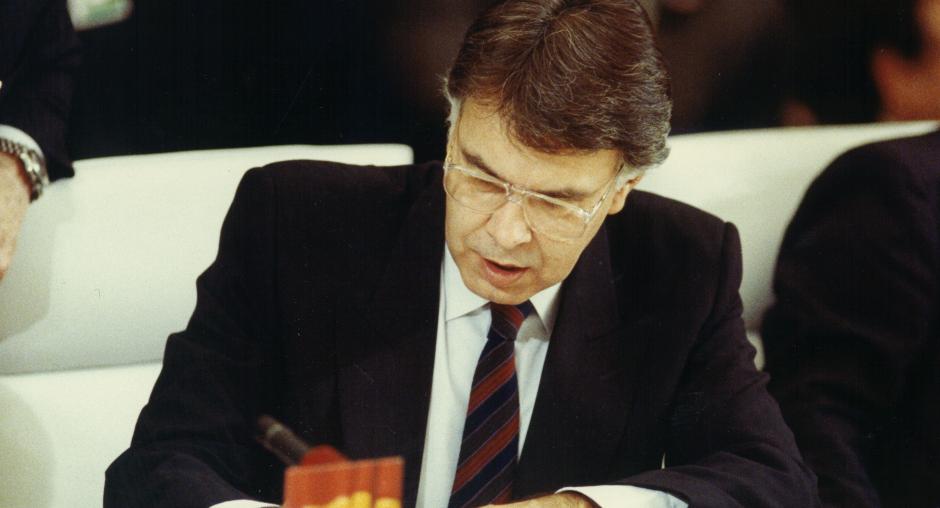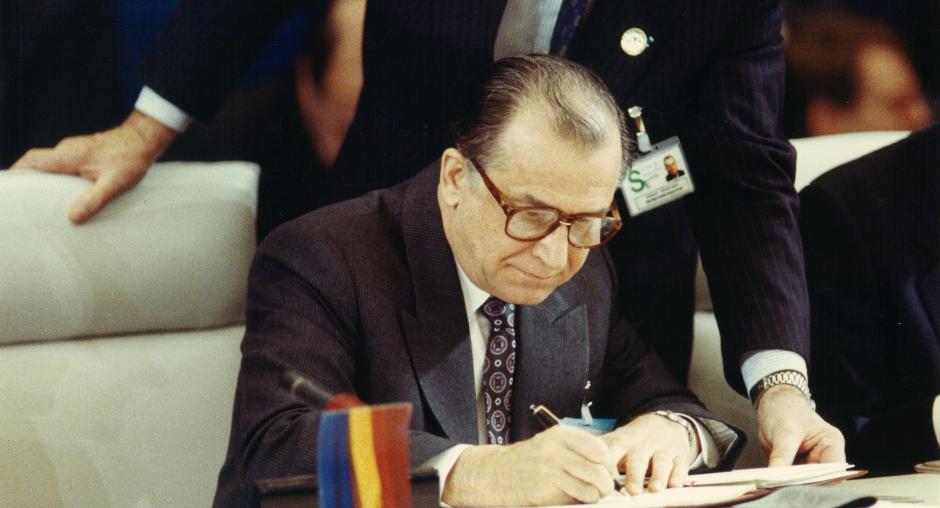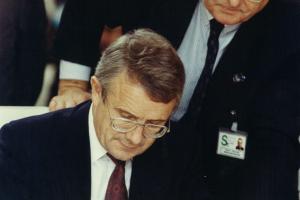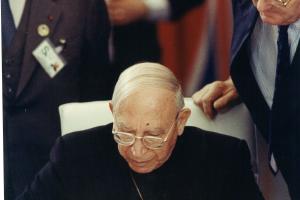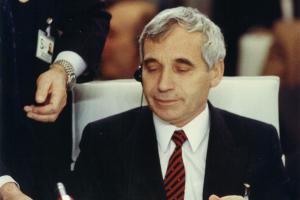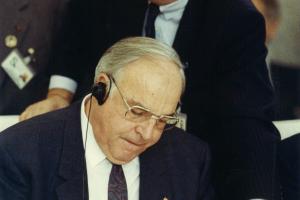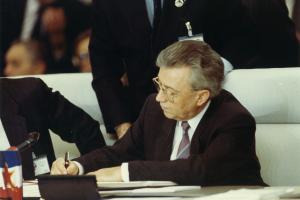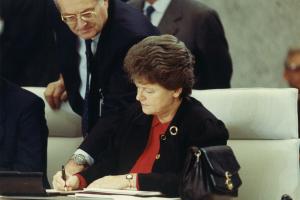"The era of confrontation and division of Europe has ended. We declare that henceforth our relations will be founded on respect and co-operation.
Europe is liberating itself from the legacy of the past. The courage of men and women, the strength of the will of the peoples and the power of the ideas of the Helsinki Final Act have opened a new era of democracy, peace and unity in Europe.
Ours is a time for fulfilling the hopes and expectations our peoples have cherished for decades: steadfast commitment to democracy based on human rights and fundamental freedoms; prosperity through economic liberty and social justice; and equal security for all our countries."
These words of the Charter of Paris for a New Europe document the spirit of the Second Summit of the Conference for Security and Co-operation in Europe (the forerunner of today’s OSCE), where the Heads of the states and governments of 34 participating states met to discuss the future of Europe after the end of the Cold War.
The Summit, held in the Palais de L'Elysée from 19 to 21 November 1990, was also turning point in the CSCE’s history.
The CSCE was called upon to play its part in managing the historic change, taking place in Europe and responding to the new challenges of the post-Cold War period, which led to its acquiring permanent institutions and operational capabilities (four years later, the CSCE was renamed the Organization for Security and Co-operation in Europe).
The participating States also decided that follow-up meetings to the Paris Summit would be held every two years, and that a Ministerial-level Council, consisting of foreign ministers of the participating States, would meet at least once a year as the central forum for regular political consultations within the CSCE process. They agreed that a Committee of Senior Officials (today’s Permanent Council) “will prepare the work of the Council, carry out its decisions, review current issues and consider future work of the CSCE including its relations with other international fora”.
To support these bodies, they called for the creation of a CSCE Secretariat in Prague, a Conflict Prevention Centre in Vienna and an Office for Free Elections (today’s Office for Democratic Institutions and Human Rights) in Warsaw.
A new generation has grown up since the Charter of Paris for a New Europe was signed. Unfortunately not all of the OSCE region has experienced peace nor been able to reap the benefits of co-operation marked by a will to overcome the divisive past.
Let this exhibition serve as a source of inspiration for the future.




